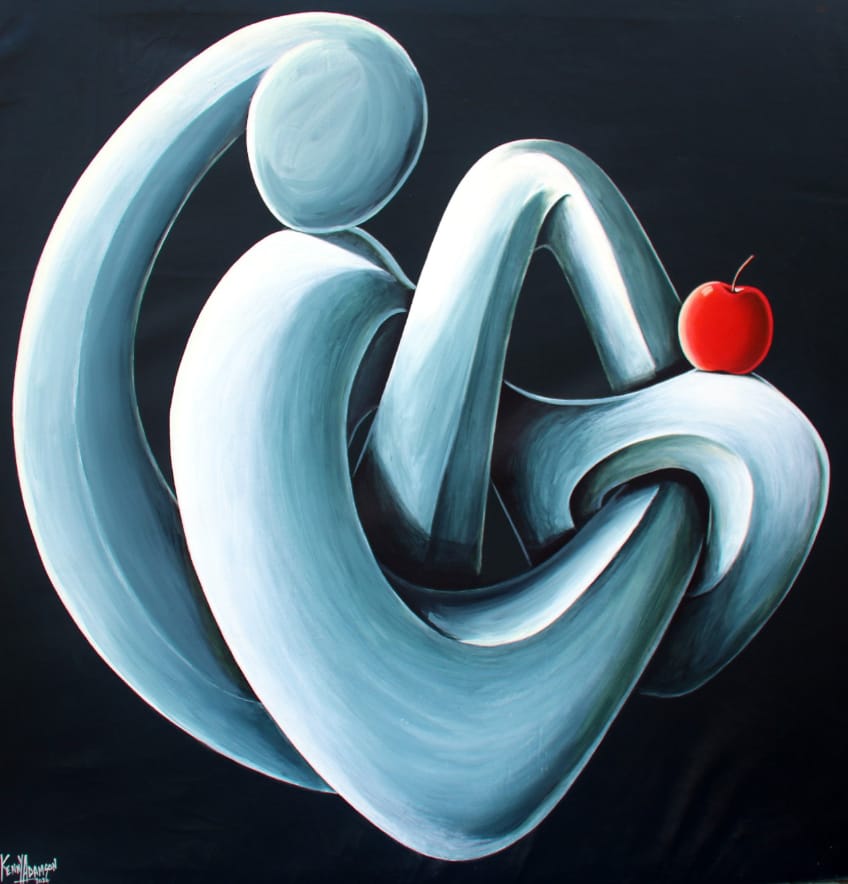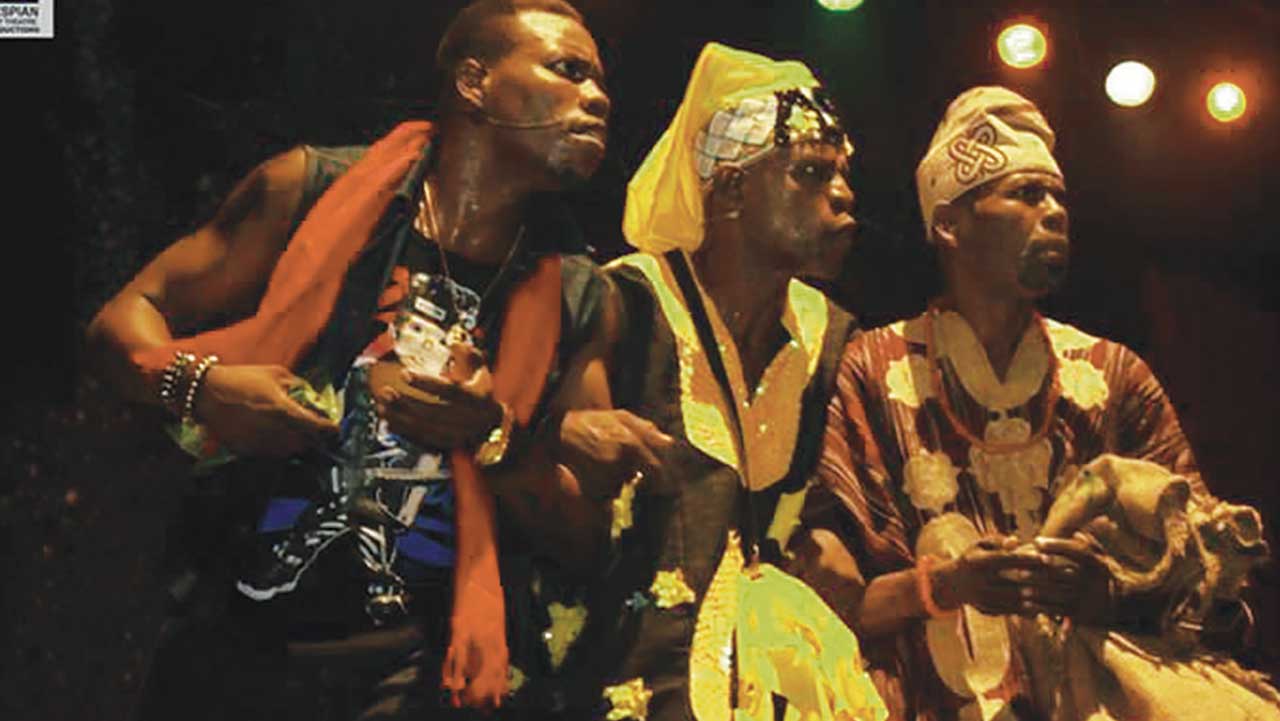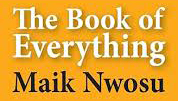
Sponsored by General Theophilus Danjuma, Dido and Aeneas will be performed by the Diploma School Opera and Orchestra. It is conducted by John Lucien Eclou.
Also lined up for the festival is drama, on October 19. The title of the theatrical piece is, A Long Wait On The Moon. Performed by Royal Crown Theatre, the play is written by Akinwumi Sesan and directed by Prof. Muyiwa Awodiya.
MUSON Day concert, celebrating MUSON’s birthday, holds October 15, while the ever popular programme, Jazz Party is scheduled for October 25. My Kind of Music (October 20), Music meets technology symposium (Collabo) is October 22 and Musiquest Children’s competition on October 18.
There will equally be another operatic performance titled, Gianni Schicchi by Giacomo Pucini on Saturday October 26. The gala concert will feature a full performance of the Oratorio, The Creation, by Joseph Haydn with the MUSON Choir and Orchestra conducted by maestro Emeka Nwokedi.
The story of Dido and Aeneas will be performed by Diploma School Opera and Orchestra and conducted by John Lucien Eclou.
The opera is based on Book IV of Virgil’s Aeneid. It recounts the love of Dido, Queen of Carthage, for the Trojan hero, Aeneas, and her despair when he abandons her. A monumental work in Baroque opera, Dido and Aeneas is remembered as one of Purcell’s foremost theatrical works. It was also Purcell’s only true opera, as well as his only all-sung dramatic work.
Although the opera is a tragedy, it is sometimes thought to be too simple for Purcell; as there are numerous seemingly lighter scenes. However, this may simply reflect that the intended performers were schoolchildren.
With Dido (also known as Elissa), Queen of Carthage singing soprano or mezzo-soprano,
Belinda, Dido’s handmaid light soprano, and Aeneas, Trojan Prince; tenor or high baritone, the opera promises to be exciting and engaging. It will also be performed on October 27.
Speaking on the festival, Chairman, Board of Trustees of MUSON, Louis Mbanefo (SAN), said, it has become the highlight of the society’s yearly calendar.
While saying this year’s festival promises to be as exciting as ever, Mbanefo noted that the theme is Revival.
According to him, “in the past three years, the themes of our festivals have been Resurgence (celebrating our emergence from the COVID Pandemic), Resilience (celebrating the 40th anniversary of the founding of MUSON) and now Revival (anticipating the revitalisation of MUSON despite the adverse trends in Nigeria’s economy.”
Formed by a group of friends, including Mr. Akintola Williams (deceased) Chief Ayo Rosiji (deceased), Mrs Francesca Emanuel (deceased), Chief Rasheed Gbadamosi (deceased) and Mbanefo in 1983 with the main objective of promoting the understanding and enjoyment of serious music.
“We tackled our objectives in two ways. First, we have held concerts with regularity since 1984, with performances of the highest quality by Nigerian and expatriate performers. And second, we have developed two Schools of Music – the Basic School, which provides musical education in the theory and performance of musical instruments for Nigerians of all ages, and the Diploma School.
The former conducts graded exams, which mirror the Associated Board exams in the U.K, whilst the latter runs a two-year course in history, theory and instrumental performance,” Mbanefo said. “It has a yearly intake of 45 advanced students and all students are granted scholarships by the MTN Foundation, which has provided considerable logistic support to the School. From humble beginnings, the School has now become a Diploma Awarding Institution which is accredited by the Ministry of Education and has produced over 500 Diploma graduates. Many of our graduates have continued their musical education in Europe, America and South Africa and have attained international recognition. Most of our alumni have made and are making very impressive contributions to the musical life in Nigeria and indeed, the world. They have raised considerably the standard of singing and musical performance in churches, in schools and at social events. Indeed, many churches and musical societies throughout Nigeria are borrowing from the templates established by MUSON.”
The society is the owner of MUSON Choir, which has won gold medals at international competitions. It also has a Symphony Orchestra, which is conducted in regular concerts by visiting German maestro, Walter-Michael Vollhardt. It also has an opera department, which has programmed highly acclaimed performances of many well-known international operas under the direction of John Lucien Eclou.
Mbanefo said, “the MUSON project is one that all Nigerians should be proud of. It has demonstrated what could be achieved by Nigerians when we pool our resources, talents and energies towards a common goal. The founding fathers and mothers deserve the gratitude of the Nigerian society for the very considerable personal sacrifice of their time and skills.
Whereas the arts are heavily subsidised by governments in other parts of the world, the MUSON project has been funded entirely through generous donations by individuals and the major companies in Nigeria.”






